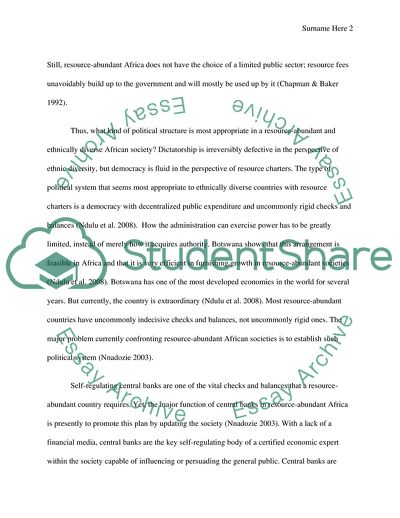Cite this document
(African Economic and Social Challenges Case Study, n.d.)
African Economic and Social Challenges Case Study. Retrieved from https://studentshare.org/geography/1734419-african-studies
African Economic and Social Challenges Case Study. Retrieved from https://studentshare.org/geography/1734419-african-studies
(African Economic and Social Challenges Case Study)
African Economic and Social Challenges Case Study. https://studentshare.org/geography/1734419-african-studies.
African Economic and Social Challenges Case Study. https://studentshare.org/geography/1734419-african-studies.
“African Economic and Social Challenges Case Study”. https://studentshare.org/geography/1734419-african-studies.


